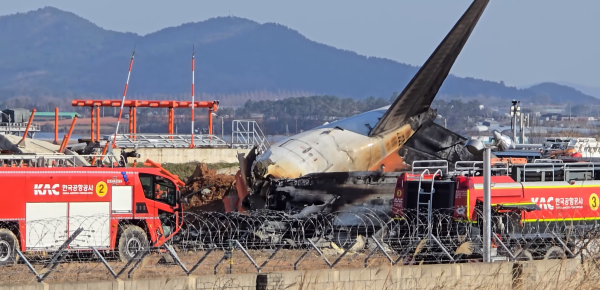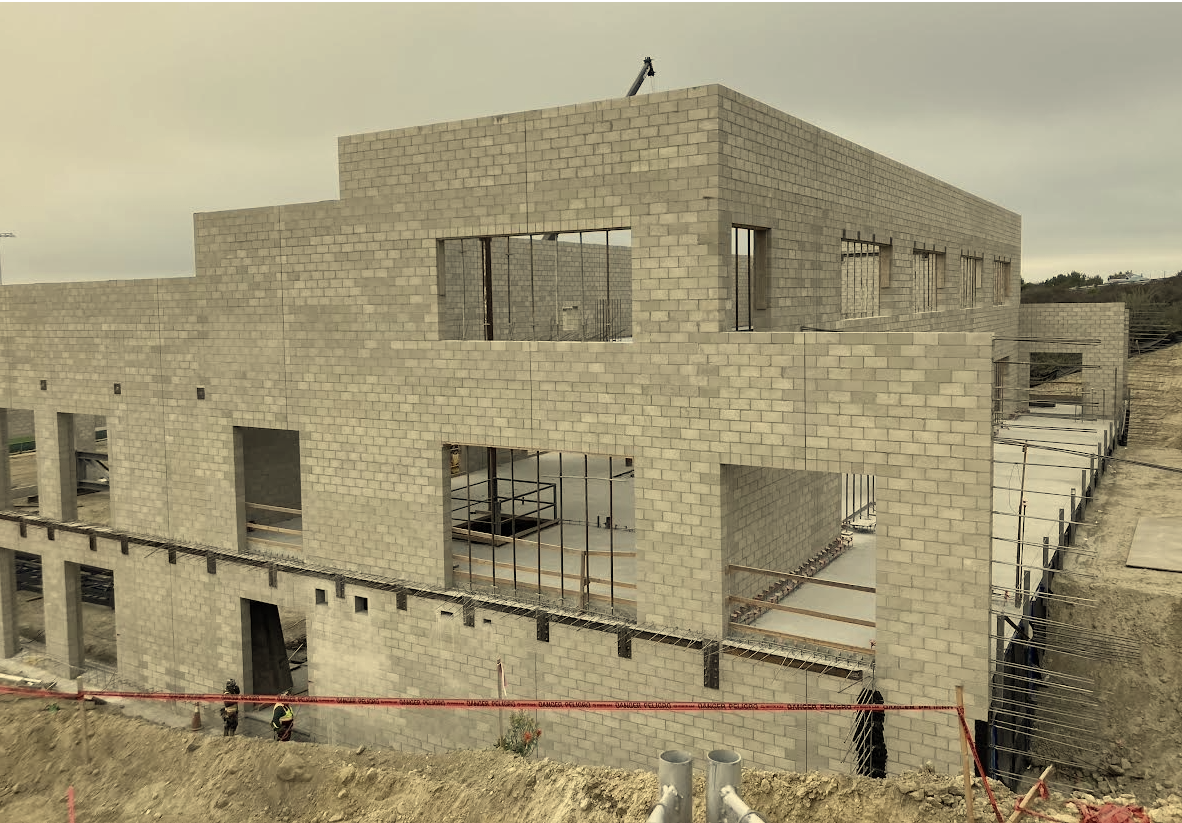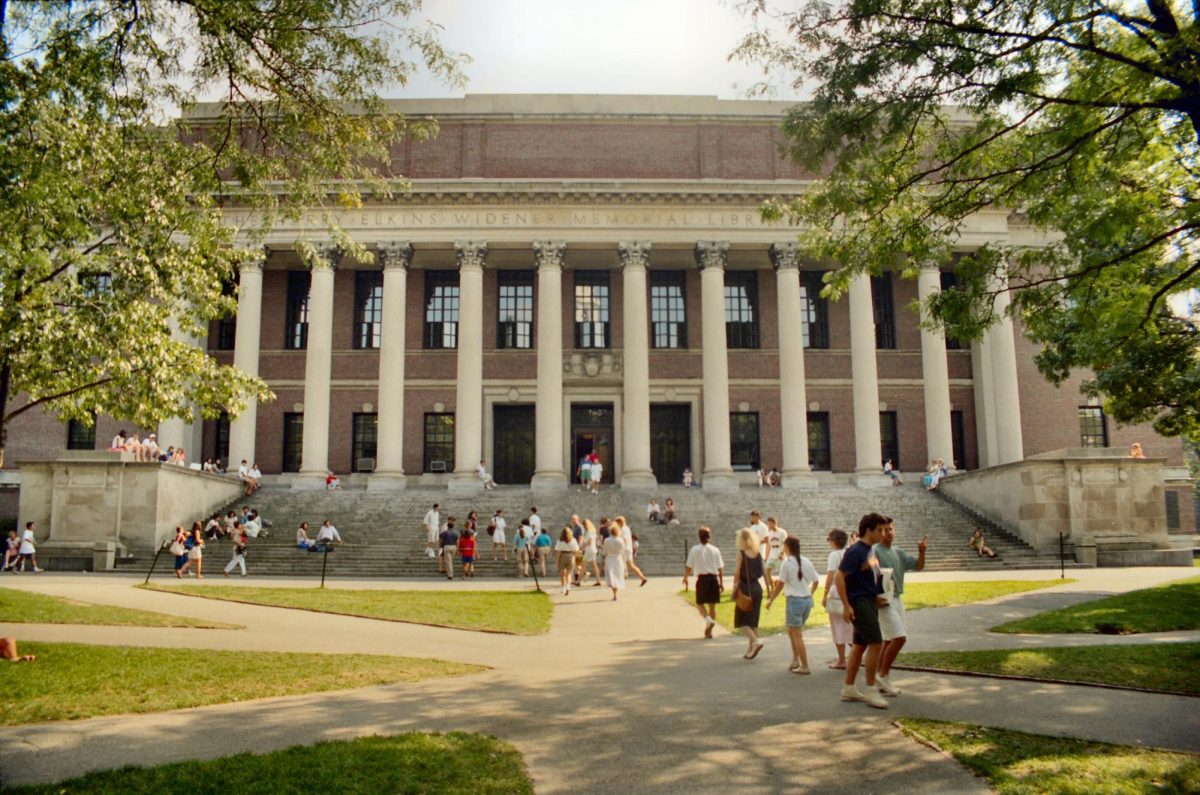
Amidst political chaos with the recent impeachment of South Korean President Yoon Suk Yeol, on Dec. 29, 2024, the tragic crash of Jeju Air Flight 2216 occurred at Muan Airport, South Korea during landing, taking the lives of all 175 passengers and 4 crew members.
The two surviving crew members were immediately hospitalized and are currently recovering without any life-threatening injuries. Both stated that their memory of the crash is hazy. All 179 bodies have only been recently identified as of Jan. 22, and few bodies have been sent to families.
Investigation teams were sent immediately after the collision, and the U.S. National Transportation Safety Board (NTSB) demonstrated its support by sending investigators, including Boeing representatives. However, finding the cause of the accident is a problem, as the two black boxes on the plane were cut around four minutes before the crash, creating a mystery that’s still unresolved.
On Jan. 29, another crash occurred in Washington, D.C., over the Potomac River involving a U.S. Army helicopter and a commercial plane, killing 67 with no survivors. The NTSB’s focus has largely turned to this domestic incident.
The Ministry of Land, Infrastructure, and Transport of South Korea stated on the day of the crash that full inspections of all Boeing 737-800 aircraft in South Korea would take place. The Boeing 737-800 is one of the most common commercial aircrafts used by airlines, and after the government’s statement of inspection, U.S. officials and Boeing soon followed in on inspections.
Recently, in the preliminary report, investigators have found duck DNA and feathers stuck in the engine, aligning with early speculations as the crew was warned of bird strikes two minutes before the tragedy. However, the report does not point to a specific cause of the crash, which remains under investigation.
Even with announcements from the government and Jeju Air stating their efforts to accommodate the situation, the Korean public was ashamed of authorities’ failure to enhance transportation safety, especially since this was not the first breakdown leading to high death counts. In 2014, a large vessel with 476 passengers traveling from Incheon to Jeju Island sank. 304 people died, including many students of Danwon High School, which led to a political uproar against former President Park Geun-hye who was later sentenced to 20 years in prison for numerous charges of corruption.
Many families of victims especially expressed dissatisfaction during the identification period of passengers as it continuously pushed back the joint memorial many relatives demanded.
One family member told BBC News about the frustration he felt while waiting at the airport for six hours after the crash to receive a handwritten list of certified identities of the victims and 12 hours for DNA testing at the request of family members. He was skeptical of the sin cerity of the apology of the Jeju Air board members, and said, “Whenever there is an accident, [authorities] always only make a fuss after the event.”
Although there are many controversies regarding South Korea’s politics, the Ministry of Transportation announced that the investigation would be held without any senior officials of the Aviation and Railroad Investigation Board and the Ministry of Transport to ensure a fair probe of the incident. They have also promised that changes in the structure of airports will be swiftly taken into action in the interest of safety. However, conclusions about the accident are far from made as the ministry announced that investigations could last for another six months.




